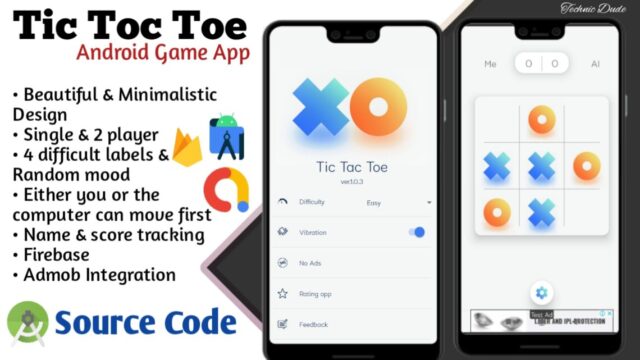SEO (Search Engine Optimization) is the practice of optimizing a website or webpage to increase the quantity and quality of its traffic from a search engine’s organic results.
How search engines work
Search engines are like libraries for the digital age.
Instead of storing copies of books, they store copies of web pages.
When you type a query into a search engine, it looks through all the pages in its index and tries to return the most relevant results.
To do this, it uses a computer program called an algorithm.
Nobody knows exactly how these algorithms work, but we do have clues, at least from Google.
Here’s what they say on their “How search works” page:
To give you the most useful information, Search algorithms look at many factors, including the words of your query, relevance and usability of pages, expertise of sources and your location and settings. The weight applied to each factor varies depending on the nature of your query – for example, the freshness of the content plays a bigger role in answering queries about current news topics than it does about dictionary definitions.
Speaking of Google, this is the search engine most of us use—at least for web searches. That’s because it has the most reliable algorithm by far.
That said, there are tons of other search engines you can optimize for.
Learn more about this in our guide to how search engines work.
How SEO works
In simple terms, SEO works by demonstrating to search engines that your content is the best result for the topic at hand.
This is because all search engines have the same goal: To show the best, most relevant results to their users.
Precisely how you do this depends on the search engine you’re optimizing for.
If you want more organic traffic to your web pages, then you need to understand and cater to Google’s algorithm. If you want more video views, then it’s all about YouTube’s algorithm.
Since each search engine has a different ranking algorithm, it’d be impossible to cover them all in this guide.
So, going forward, we’ll focus on how to rank in the biggest search engine of them all: Google.FUN FACT
Google has a market share of ~92%. That’s why it pays to optimize your website for Google instead of Bing, DuckDuckGo, or any other web search engine.
How to optimize for Google
Google famously uses more than 200 ranking factors.
There was even talk way back in 2010 that there could be up to 10,000.
Nobody knows what all of these ranking factors are, but we do know some of them.
How? Because Google told us, and many people—including us—have studied the correlations between various factors and Google rankings.
We’ll discuss some of those shortly. But first, an important point:
Google ranks web pages, not web sites.
Just because your business makes stained glass windows doesn’t mean that every page on your site should rank for the query, “stained glass windows.”
You can rank for different keywords and topics with different pages.
Now let’s talk about some of the things that affect rankings and search engine visibility.
Crawlability
Before Google can even consider ranking your content, it first needs to know that it exists.
Google uses several ways to discover new content on the web, but the primary method is crawling. To put it simply, crawling is where Google follows links on the pages they already know about to those they haven’t seen before.
To do this, they use a computer program called a spider.
Let’s say that your homepage has a backlink from a website that’s already in Google’s index.
Next time they crawl that site, they’ll follow that link to discover your website’s homepage and likely add it to their index.
From there, they’ll crawl the links on your homepage to find other pages on your site.
That said, some things can block Google’s crawlers:
- Poor internal linking: Google relies on internal links to crawl all the pages on your site. Pages without internal links often won’t get crawled.
- Nofollowed internal links: Internal links with nofollow tags won’t get crawled by Google.
- Noindexed pages: You can exclude pages from Google’s index using a noindex meta tag or HTTP header. If other pages on your site only have internal links from noindexed pages, there’s a chance that Google won’t find them.
- Blocks in robots.txt: Robots.txt is a text file that tells Google where it can and can’t go on your website. If pages are blocked here, it won’t crawl them.








